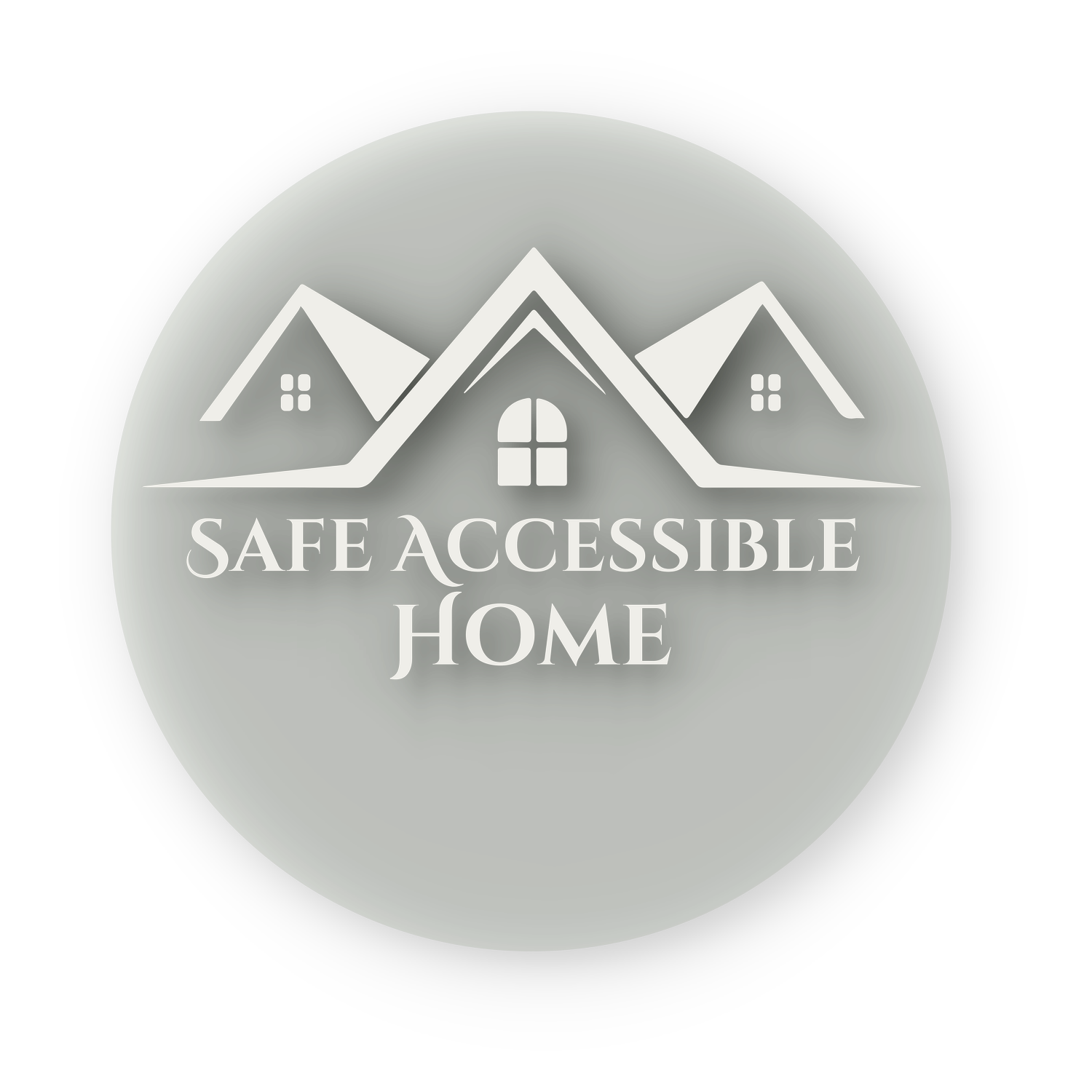Emotional Well-Being and Aging in Place: The Importance of a Supportive Environment
As an occupational therapist with over a decade of experience, a licensed contractor, and the proud owner and founder of "Safe Accessible Home," my mission is clear: to help individuals and their families create a safe, accessible, and functional home that supports the aging process. I firmly believe that a well-designed home can do more than just enhance physical comfort—it can significantly impact emotional well-being and quality of life.
The Emotional Journey of Aging
Aging is a natural and beautiful part of life's journey, but it comes with its own set of challenges. As we age, our bodies may change, and everyday activities can become more difficult. These physical changes can take a toll on our emotional well-being, leading to feelings of frustration, isolation, and even depression.
The Comfort of Home
Home is where our hearts reside. It's the place where we've created countless memories, celebrated milestones, and found solace in times of need. It's also where we intend to spend our golden years. Therefore, it's crucial that our homes evolve with us, providing the safety, accessibility, and functionality we need to thrive as we age.
The Role of a Supportive Environment
A supportive environment isn't just about physical modifications; it's about creating a space that nurtures our emotional well-being. Here's why it matters:
1. Independence and Dignity: When we can navigate our homes independently, we maintain our sense of dignity and self-esteem. This independence can have a profound impact on our emotional state, fostering a positive outlook on life.
2. Stress Reduction: A well-designed home minimizes the daily stressors associated with mobility challenges. It provides a sense of ease, reducing anxiety and promoting a more relaxed and content state of mind.
3. Social Connections: A supportive home environment is one that encourages social interactions. When friends and family can visit comfortably, it fosters a sense of connection and belonging, combating feelings of loneliness.
4. Emotional Security: Knowing that your home is a safe and secure place can provide emotional reassurance. It alleviates worries about accidents or injuries, allowing you to focus on enjoying life.
5. Adaptability: As our needs change over time, a supportive home is one that can adapt. It's flexible and responsive, ensuring that you can continue to age in place comfortably, without major disruptions.
Virtual Assessments: The First Step Towards Emotional Well-Being
I offer virtual assessments not only to individuals and their families but also to caregivers and organizations serving the aging and disabled populations, including supportive housing and senior villages. This approach ensures that the emotional well-being of our clients remains at the forefront of our services.
During our virtual assessments, I work closely with you to understand your unique needs and challenges. We evaluate your home and provide tailored recommendations for modifications that not only enhance safety and accessibility but also promote emotional well-being.
Your Peace of Mind, Your Support
Aging in place should be a fulfilling and joyful experience. With a supportive home environment, you can age gracefully, maintaining your independence and emotional well-being. It's not just about the physical aspects of your home; it's about creating a sanctuary that nurtures your soul and brings comfort to your heart.
If you're ready to embark on the journey of creating a safe, accessible, and emotionally supportive home, don't hesitate to reach out. Together, we'll ensure that your home is a place of happiness, security, and well-being—a place where you can truly thrive as you age. Your journey begins with "Safe Accessible Home."
I hope this information is helpful. If I can be of support, do not hesitate to reach out.
In support,
Ryan

